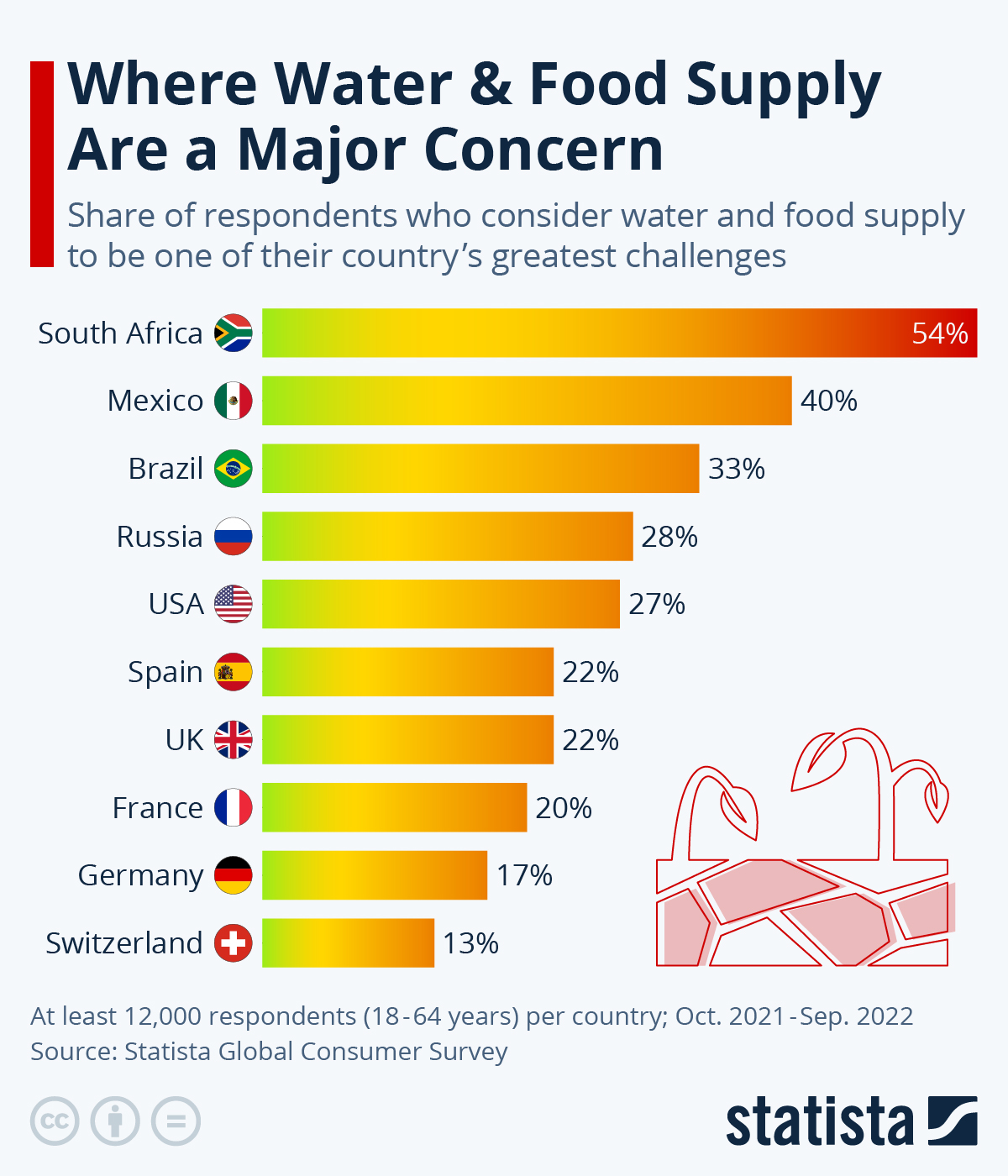IWT-taking a Firm Stand
April 29, 2023 | Expert Insights

India has received Pakistan’s response to its notice sent over two months back to enter into negotiations on the 62-year-old Indus Water Treaty. India’s Ministry of External Affairs stated that it is examining the letter and will consult with the relevant stakeholders.
India issued a notice to Pakistan this January, seeking to review and modify the Treaty. According to the Treaty provisions, it can be modified through a treaty concluded between the two governments. India’s notice gives Pakistan 90 days to enter into inter-governmental negotiations.
According to India, the purpose of the negotiations and modifications would be to rectify violations of the Indus Water Treaty. It would also update the Treaty to reflect changes in the situation that have occurred in the last 62 years. India stated that Pakistan's actions had adversely affected the Treaty, and for that reason, it had filed a notice.
Background
The six rivers of the Indus Basin flow from India to Pakistan. After the partition, India and Pakistan negotiated an agreement for sharing the waters, culminating in the Indus Water Treaty.
Under the agreement, India was allocated control over the waters of the eastern rivers, and Pakistan was allocated control over the Western rivers. However, India could use the Western rivers for hydroelectricity projects subject to Pakistan’s right to object to the project design.
The Kishenganga dam project and the Ratle hydroelectricity project are two such projects initiated by India. Pakistan objects to the technical designs of these two hydroelectric plants on the basis that they contravene the Treaty, and the two countries disagree on this issue.
Indian and Pakistani representatives have met five times from 2017 to 2022 at the Permanent Commission of Indus Waters – a bilateral commission set up under the Treaty. However, the meetings were inconclusive on the issues of the hydroelectric projects.
In 2015, Pakistan requested a neutral expert to examine its objections to the two projects. The next year, Pakistan withdrew this request and unilaterally requested the World Bank to appoint a court of arbitration to resolve the issues. India asked for a neutral expert to be appointed. Given that the initiation of two parallel dispute-resolution processes would cause issues with the Treaty, the World Bank advised the parties to stop the processes and find an amicable solution.
India’s letter to Pakistan in January pointed out that Pakistan’s move to initiate two dispute resolution processes on the same issue could potentially lead to conflicting outcomes, creating a legally untenable situation that endangers the Treaty. According to India, Pakistan’s actions violate Article IX of the Treaty, providing a graded dispute resolution mechanism. On this basis, India has issued notice to Pakistan with a 90-day timeline.

Analysis
India’s hydropower projects on the western rivers have been a source of contention with Pakistan. Given that it is the lower riparian, Pakistan is concerned about a reduced flow of water caused by upstream hydropower projects.
As per the Treaty, disputes are to be resolved in a graded or step-by-step process: questions are handled by the Commission, differences are to be addressed by a neutral expert, and disputes have to be referred to a Court of Arbitration.
Given that Pakistan requested a neutral expert and then unilaterally sought arbitration, India has recognized this as violating the Treaty's dispute resolution mechanism.
Sending a notice to Pakistan with a timeline to enter negotiations is a significant step on India’s part. It comes months after the World Bank appointed a Court of Arbitration and a neutral expert to resolve the differences. It indicates India’s intention to resolve matters through inter-governmental negotiations without involving a third party. Pakistan has been keen on involving a third party in resolving the differences.
Additionally, it implicitly indicates that India is willing to reconsider the Treaty altogether. The possibility of India ending the Treaty would be a major source of concern for Pakistan since the Treaty provides a means to address Pakistan’s issues with India’s hydroelectricity projects upstream. For India, it means that it is sending out a clear warning to Pakistan and taking a firm step to gain the upper hand in the dispute. It is also a measure to safeguard its hydropower expansion plans in the region.
There is an outcry in Pakistan against the timing of the notice, which comes at a moment in Pakistan's history when the country is facing its worst economic, political and security crisis. All that ails the military-dominated political system of this nation of 28 million for last seventy years is finally coming to a pass. Pakistanis accuse India of geopolitically exploiting this situation when their nation is ill-equipped to make a cogent reply to the notice.
Assessment
- By sending a notice to Pakistan to rectify violations of the Treaty and modify the Treaty, India is taking a clear stance that it intends to take measures to resolve the dispute without recourse to a third party. Pakistan’s response within the specified timeframe signals that it is willing to negotiate, possibly out of concerns about its water supply as a lower riparian and the risk that India will move to end the Treaty altogether.
- It remains to be seen what the result of potential negotiations will be and how the ongoing dispute resolution processes with a neutral expert and arbitration tribunal will be concluded in light of India’s notice stating that the Treaty has been contravened.








Comments